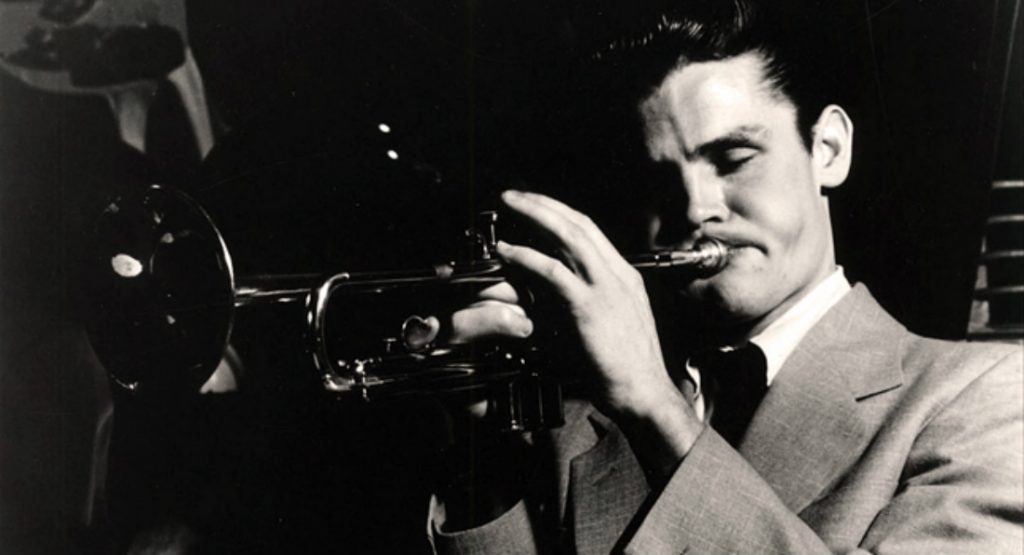
Gronniosaw and his growing family soon fell on hard times because of the ongoing economic depression. With George Whitfield’s help, however, he found housing in London, where he married an English weaver despite his friends’ objections that she was a poor widow. Gronniosaw decided to go to England because his reading of religious texts by Englishmen led him to believe that there the “people must be all Righteous.” His innocence caused him to be cheated repeatedly, however, and he would soon come to believe that England was ‘worse than Sodom’. As a free man, Gronniosaw worked for various members of his late master’s family, all of whom, however, died within four years of the minister’s death. Around 1747, after reading the spiritual writings of John Bunyan and Richard Baxter, an attempt at suicide, and a three-day illness, Gronniosaw was spiritually reborn when he recalled the biblical injunction, “Behold the Lamb of God.” Gronniosaw’s newfound happiness was quickly ended by the death of his master, who freed him in his will, and by recurrent spiritual doubts.

Gronniosaw soon experienced despair when he became convinced that his own sins were too great to deserve salvation. Eventually, a wealthy Reformed Dutch clergyman in New Jersey bought Gronniosaw and introduced him to the English evangelist George Whitefield. Gronniosaw then successfully implored a Dutch captain to purchase him after a French slave trader refused to buy him because he was so small. Gronniosaw’s obvious courage in the face of death caused the king to sell him into slavery instead. Spiritually dissatisfied with the animist faith in which he was raised, Ukawsaw alienated himself from his friends and relatives by his constant questions challenging their faith in physical objects, as well as by his growing belief in the existence of an uncreated creator. "Dejected and melancholy,” Gronniosaw accompanied a trading African merchant to the Gold Coast, more than a thousand miles from his home, where he had been promised that he could play with boys his own age and “see houses walk upon the water with wings to them, and the white folks.” The local king on the Gold Coast, however, thought him a spy and decided to behead him. According to this account, Ukawsaw Gronniosaw was the youngest child of the oldest daughter of the king of Bournou.

All that is known about him is found in A Narrative of the Most Remarkable Particulars in the Life of James Albert Ukawsaw Gronniosaw, an African Prince, as Related by Himself (1772), one of the earliest “as-told-to” slave narratives recorded by a white amanuensis.


James Albert Ukawsaw Gronniosaw, slave narrative author, was born between 17 in Bournou (Bornu), a kingdom in what is now northeastern Nigeria.


 0 kommentar(er)
0 kommentar(er)
